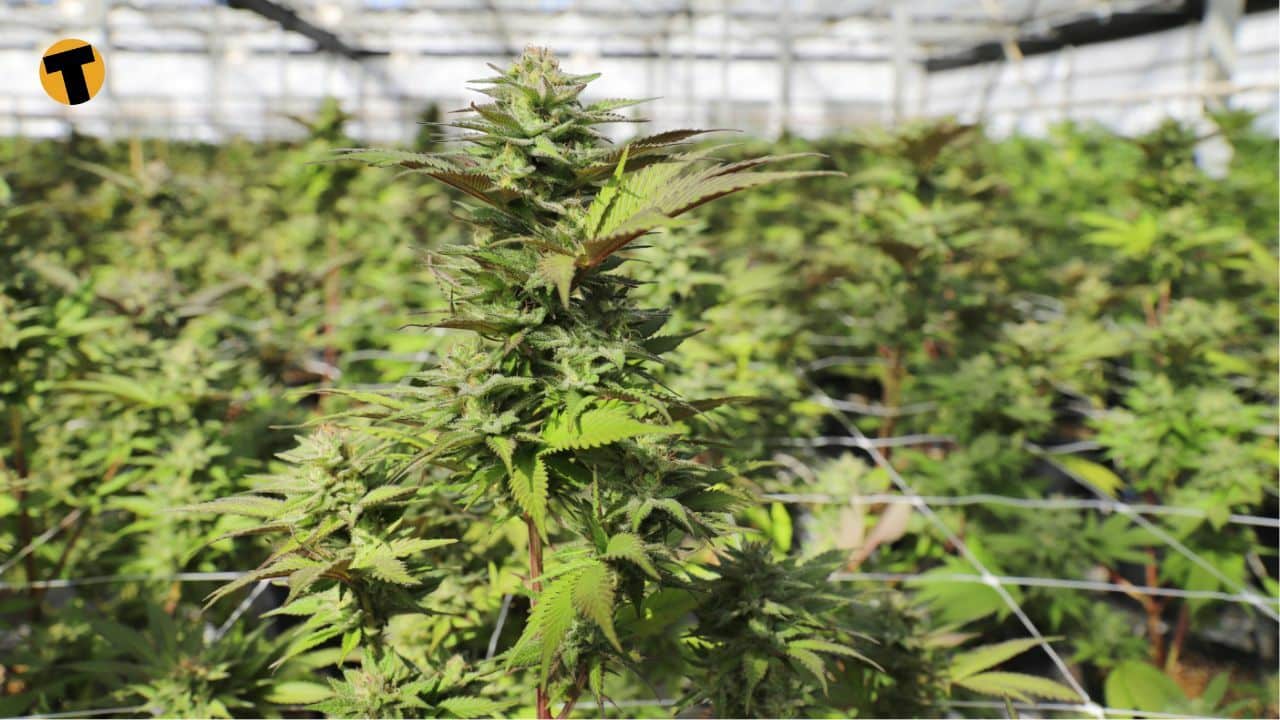

Thailand has recently reversed its decision to decriminalise cannabis, with new regulations restricting cannabis use solely to medical purposes, marking the end of the country’s three-year experiment with recreational cannabis.
Throughout these three years, some described the move as hasty and without a clear plan for effective regulation following the decriminalisation in 2022. But in the same vein, the cannabis sector has flourished into a billion-dollar industry, marking itself as a key player in Thailand’s tourism and its economy as a whole.
Implications of Thailand’s cannabis recriminalisation
| Jump to Section | Summary |
|---|---|
| What changes has the new regulation introduced? | The new regulation limits cannabis use to medical purposes, requiring prescriptions, with businesses now needing licenses and facing strict controls on cultivation, sales, and advertising. |
| What are the implications of the new regulation? | The reversal impacts the cannabis industry, risking significant losses. Farmers, businesses, and workers in the cannabis sector face financial hardship, but the policy shift is aimed at public health concerns. |
| A political context | The policy change follows a political crisis, with the Bhumjaithai Party’s departure from the ruling coalition clearing the way for stricter cannabis controls. |
The announcement came shortly after Public Health Minister Somsak Thepsutin signed the regulation on June 23, 2025. The new rules reclassify cannabis flower buds as “controlled herbs” under the Protection and Promotion of Traditional Thai Medicine Wisdom Act of 1999, effectively marking a return to stricter controls on cannabis.
Under this new system, cannabis use is restricted to medical purposes only, requiring prescriptions from licensed professionals for all cannabis purchases. The regulations went into effect immediately upon publication in the Royal Gazette on June 26, 2025.

While the regulations took effect immediately after their publication, businesses have until November 11, 2025, to fully comply with the new licensing and operational requirements. Somsak has indicated that cannabis will be reclassified as a Category 5 narcotic, criminalising unauthorised possession and use in the future.
What changes has the new regulation introduced?
The new regulation brings several significant changes to the cannabis landscape. Here are a few things to note:
1. What are the new medical prescription requirements?
Cannabis purchases now require a prescription from licensed medical professionals under the Medical Profession Act. These include:
- Licensed medical doctors
- Traditional Thai medicine practitioners
- Integrated Thai traditional medicine practitioners and folk healers under the Thai Traditional Medicine Profession Act
- Chinese medicine practitioners
- Dentists under the Dentistry Profession Act
- Pharmacists under the Pharmacy Profession Act
Each prescription is limited to 30 grammes for a 30-day supply. It is said that this move is to ensure that cannabis is strictly used for medical purposes only.
2. How are businesses affected?
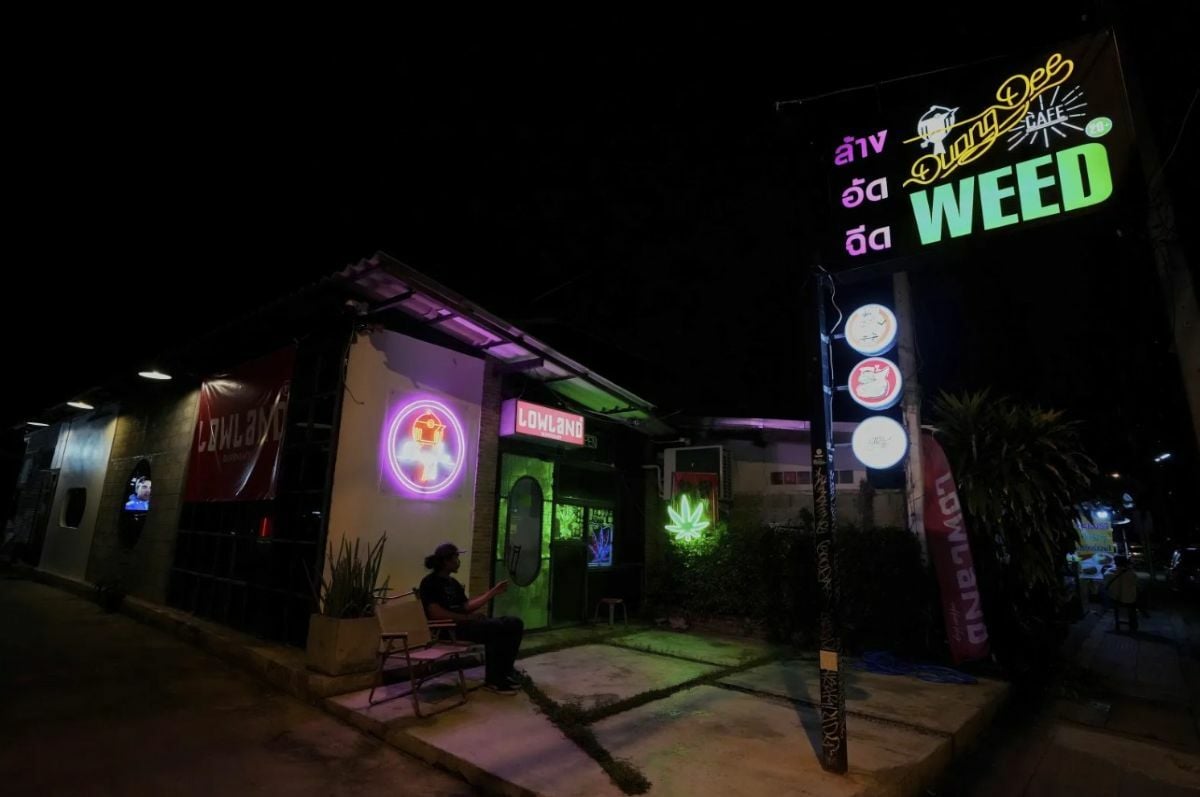
Businesses and individuals involved in cannabis cultivation, processing, or distribution must now obtain licenses and comply with extensive reporting requirements. This includes:
- Maintaining detailed records of cannabis products, from their origin to their sale.
- Submitting regular reports to the registrar using standardised formats specified by the Department of Thai Traditional and Alternative Medicine.
- Adhering to Good Agricultural and Collection Practices (GACP) standards for cultivation.
- All cannabis herbal medicine sold or exported must come from cultivation and harvesting operations certified by the Department of Thai Traditional and Alternative Medicine.
Additionally, all advertising for cannabis is now banned, meaning no promotional material for recreational cannabis will be allowed across any media platforms.
3. Where can cannabis be sold and consumed?
Under the new regulations, cannabis sales are prohibited in certain locations, including:
- Vending machines and online platforms
- Temples, educational institutes, and public parks
The new regulations will require shops to undergo monthly inspections on top of applying for necessary licences. Shops found in breach of the new regulations twice will lose their licences.
Additionally, cannabis smoking is prohibited in business premises unless supervised by a licensed medical professional, effectively transforming cannabis cafes into medically supervised spaces.
What are the implications of the new regulation?
For an industry that has been thriving for the last three years, the cannabis decriminalisation will undoubtedly lead to major pushback from businesses nationwide.
But concurrently, officials argue that this move is introduced in response to public health concerns, rather than from a political or ideological standpoint. Here are the implications of the move:
1. What will be the economic impact on the cannabis industry?
Just as many government officials have labelled the 2022 decriminalisation as hasty and without clear guidelines, much of the same could be said of the recent criminalisation efforts, which put the entire cannabis industry in Thailand at risk of major losses.
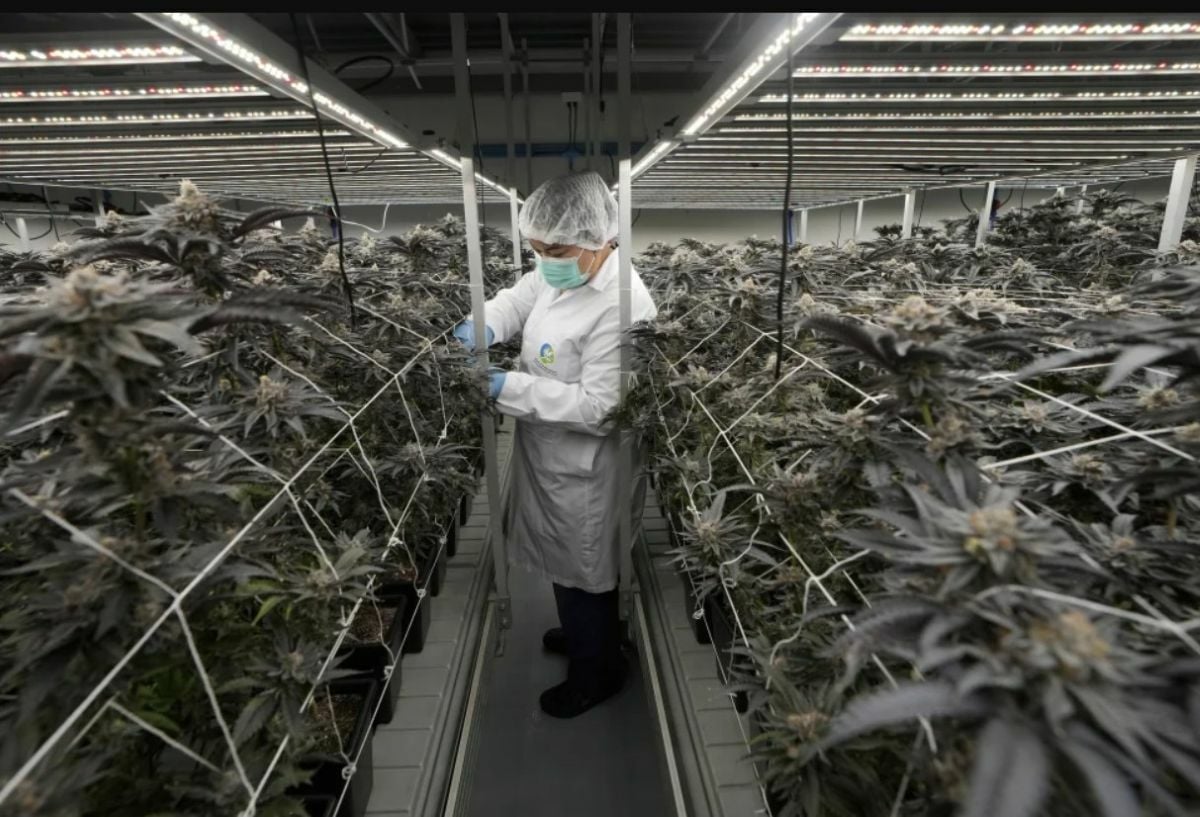
It goes without saying that Thailand’s cannabis industry, which had boomed since decriminalisation, now faces a potentially devastating financial crisis. The industry, with a projected value of over US$1.2 billion by the end of 2025, is expected to suffer major losses as cannabis shops are forced to close or transform into medical-only dispensaries.
As a result of acting now, thinking later, approximately 18,000 licensed cannabis shops scattered across the country now potentially face massive layoffs and loss of income for thousands of workers nationwide
Pranchai Chaimontree of the Pattaya-Chonburi Cannabis and Medical Economic Entrepreneurs Club, representing over 100 member shops, highlighted the widespread concern among businesses that have legally invested in the industry over the past three years.
“This is an infringement on the rights of entrepreneurs and those who have already invested. How will they be compensated? How will they be taken care of? For future measures, there should be compensation and assistance, a way for those in this business to continue operating. Don’t view them as a grey business, because everyone has acted legally, has licenses, and pays taxes.”
2. What happens to farmers now?
The cannabis industry has created a significant number of jobs across cultivation, processing, retail, and ancillary services, providing new opportunities for farmers. Cannabis had become an attractive crop, particularly for those transitioning from traditional agriculture.
With the higher profitability of cannabis (generating income of 800,000 to 1.2 million baht per rai annually, compared to just 10,000 to 15,000 baht per rai from rice), many farmers had switched from crops like rice and sugarcane to cannabis.
With the new policy, cannabis cultivation has effectively become a non-viable business for Thai farmers, threatening to push them back into less profitable crops or illegal cultivation. The policy reversal will not only cause substantial financial losses but also eliminate a source of income that many rural communities had relied on.
Similarly, specialised cannabis farms also face major losses. An employee at Cloud Cannabis near Chiang Mai’s Tha Phae Gate shared an insight with Thai News Agency, stating that reclassifying cannabis as a narcotic could lead to at least 20 million baht in damages for their farm alone.
3. Does the move benefit public health initiatives?
According to the Public Health Ministry, the decision to recriminalise cannabis is primarily driven by public health concerns. So, let’s have a look at the numbers.
Police Lieutenant General Phanurat Lukboon, Secretary-General of the Narcotics Control Board, shared that the number of habitual cannabis users in Thailand skyrocketed from 350,000 in 2019 to over 700,000 in 2024 following decriminalisation.
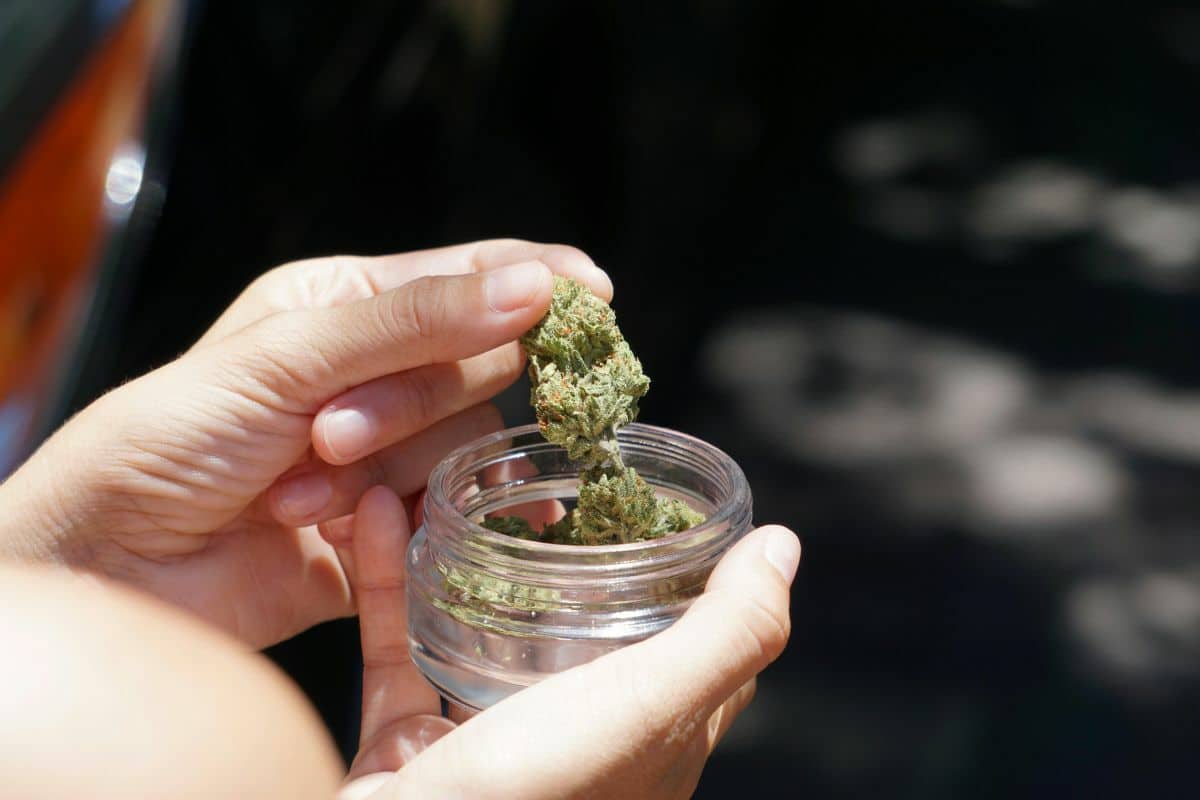
A joint study by CADS, Thammasat University and Chulalongkorn University also highlighted the significant rise in cannabis use among Thai youth, with the percentage of 18 to 19 year olds using cannabis increasing by nearly 10 times between 2019 and 2022.
It was also reported that the economic burden of treating cannabis-related health problems was estimated at 15.8 billion baht in 2023 alone.
Bangkok Post reported that the Department of Thai Traditional and Alternative Medicine conducted public hearings from May 22 to June 5 (later extended to June 15) to gauge support for the policy change. Approximately 59% of respondents expressed support for tighter cannabis regulations.
The policy reversal aims to address these rising health issues, particularly cannabis-related mental health problems like psychosis and addiction. But the fact remains that the move is a divisive one. Tighter regulations, while still enabling recreational use, would likely have been a less damaging move than decriminalising cannabis altogether, which has put thousands of businesses at risk overnight.
A political context
The policy shift comes on the heels of significant political turmoil within Thailand’s ruling coalition. On June 18, 2025, the Bhumjaithai Party (BJT), which had championed cannabis legalisation previously in 2022, withdrew from Prime Minister Paetongtarn Shinawatra’s government following a diplomatic controversy involving a phone call between PM Paetongtarn and former Cambodian PM Hun Sen.
This political crisis allowed Minister Somsak to push through the long-planned cannabis restrictions without significant opposition, as the Bhumjaithai Party’s departure removed a key obstacle to the cannabis crackdown.
BJT had previously advocated for a more liberal approach to cannabis regulation, instead of its reclassification as a narcotic altogether.
But things are slightly more complicated than just a disagreement between the two coalition parties. Somsak stated that the classification of cannabis as a controlled herb under the Traditional Thai Medicine Wisdom Protection Act had brought along unresolved regulatory issues.
The bill, which originated from the 2021 Narcotics Code, removed kratom and cannabis from the Category 5 drug list, granting the public health minister the authority to regulate them with input from the Narcotics Control Board (NCB). However, due to the failure to implement the necessary regulations within the stipulated 120-day period, the country saw the rapid growth of tens of thousands of cannabis shops.
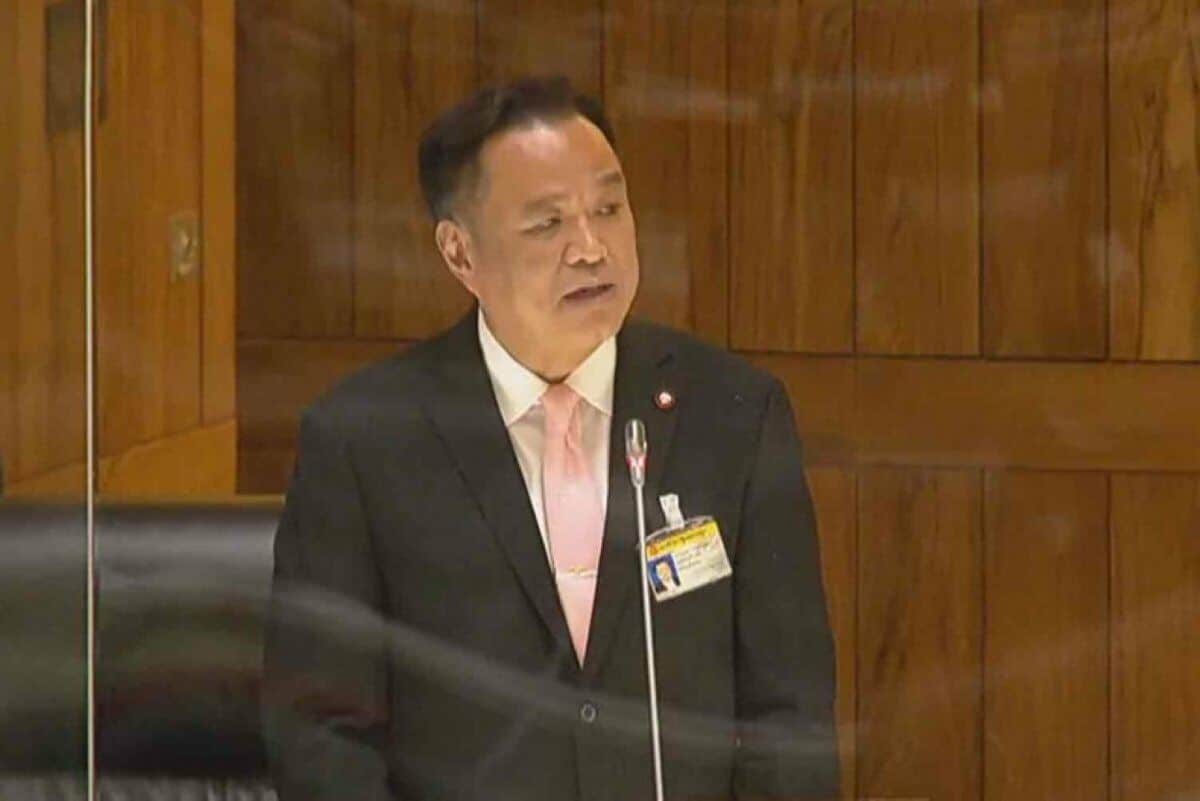
Overall, the future of Thailand’s cannabis industry now hinges on its ability to adapt to the new medical-only framework. Smaller operators will undoubtedly face significant challenges in complying with licensing and compliance requirements, with job losses imminent.
While Thailand’s decriminalisation of cannabis was initially seen as a regional breakthrough, its rapid reversal demonstrates a trend of a lack of thought before enacting major changes, with implications for a significant portion of the economy, both in 2022 and again in 2025.
The story Thailand’s cannabis recriminalisation: What’s the damage? as seen on Thaiger News.
